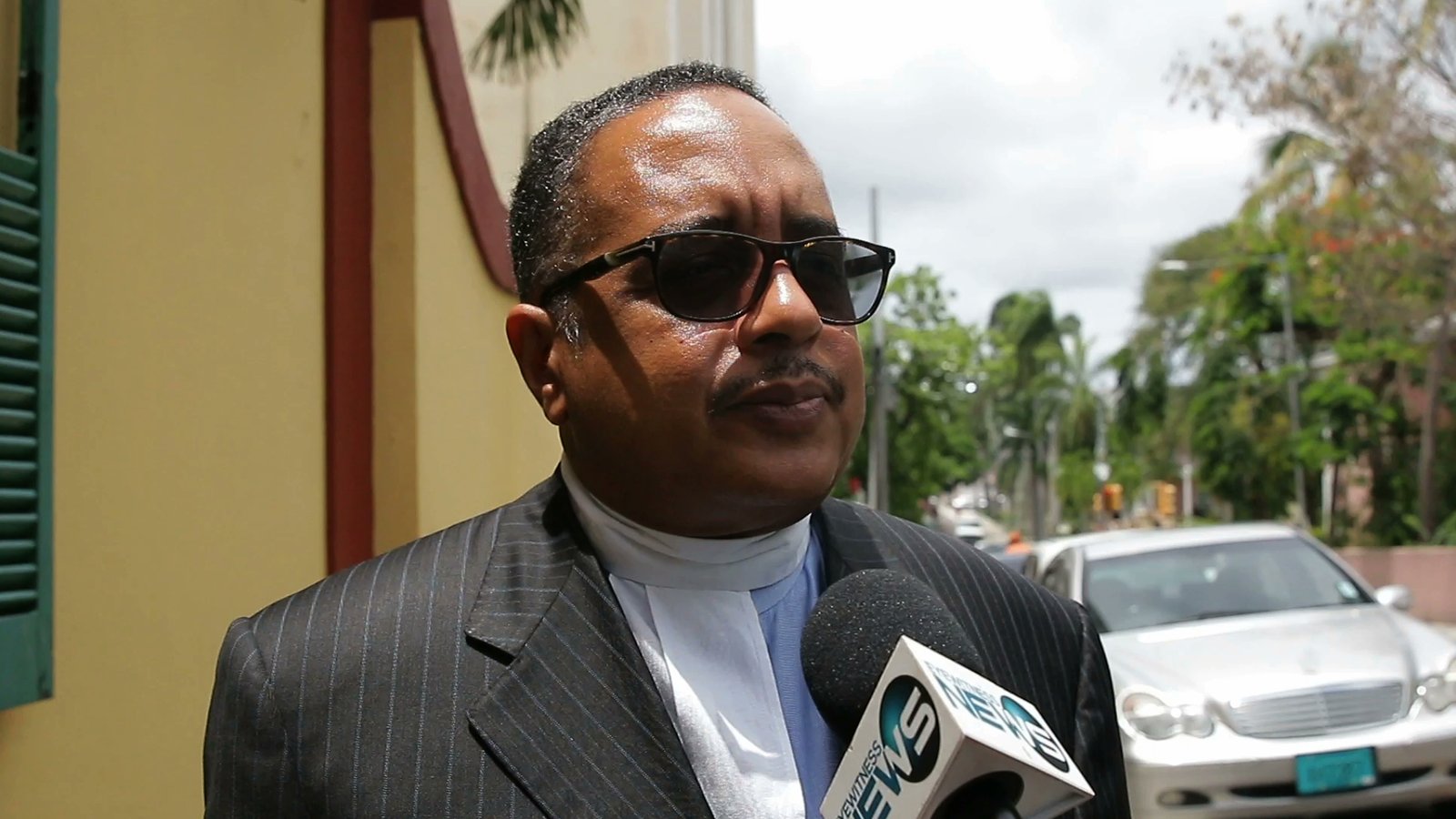Gomez stresses need for transparency
NASSAU, BAHAMAS — Former Minister of State for Legal Affairs Damian Gomez, QC, has criticized the government for failing to lay a report in the House of Assembly publicly accounting for COVID-19-related spending.
Gomez, in a statement issued today, pointed out that doing so is a requirement of the Emergency Powers (COVID-19) Regulations 2020, and equated the Minnis administration’s failure to comply with a lack of transparency.
He noted that The Bahamas recently fell a rank on Transparency International’s 2020 Corruption Perception Index, and further highlighted that the organization’s chair, Delia Ferreira Rubio, acknowledged COVID-19 spending as a “corruption crisis”.
“A new report by anti-corruption non-profit Transparency International reveals that a major challenge facing countries today is ensuring that funds for COVID treatment and relief are ‘not lost to corruption and reach the intended recipients,’” the former minister said.
“These concerns are likely to resonate with Bahamians, who see the Minnis government boasting about millions spent and wonder how so little of it seems to reach their families.”
Gomez added: “In The Bahamas, every day it becomes harder and harder to reconcile the government’s bragging about millions spent with the hunger, anguish and suffering that are widespread across the country.”
Prime Minister Dr Hubert Minnis, in his first national address of the year earlier this month, claimed that the government has spent over $177 million through the end of October 2020 on its comprehensive response to the COVID-19 pandemic.
This included initiatives such as tax credit and tax deferrals, small business grants and continuity loans, unemployment assistance through the National Insurance Board (NIB) and a national food support programme through the National Food Distribution Task Force.
The Emergency Powers (COVID-19) Regulations 2020 — introduced last March as the governor general declared a state of public emergency due to the pandemic — stipulate that the Ministry of Finance must lay a report within six weeks of the expiration of the emergency proclamation.
However, on the heels of the government passing a resolution to extend the state of emergency to May 23, Gomez noted that that stipulation remains unfulfilled.
“It’s important to remember that a country’s standing is based in part on an evaluation of existing legislation, which can’t tell the full story,” he said.
“It doesn’t mean much to have the right rules in place if those rules aren’t enforced.
“For example, although in The Bahamas our emergency measures regulations feature a requirement that expenditures and suppliers be reported to Parliament, the prime minister has openly disregarded that requirement, preferring to keep that information hidden from the people’s representatives and the public.
“In their report’s section featuring recommendations, Transparency International states that it is essential for countries to ensure open and transparent contracting.”
The Bahamas is ranked at 30 on the Transparency International index, meaning that the country is perceived as a notably transparent country.






